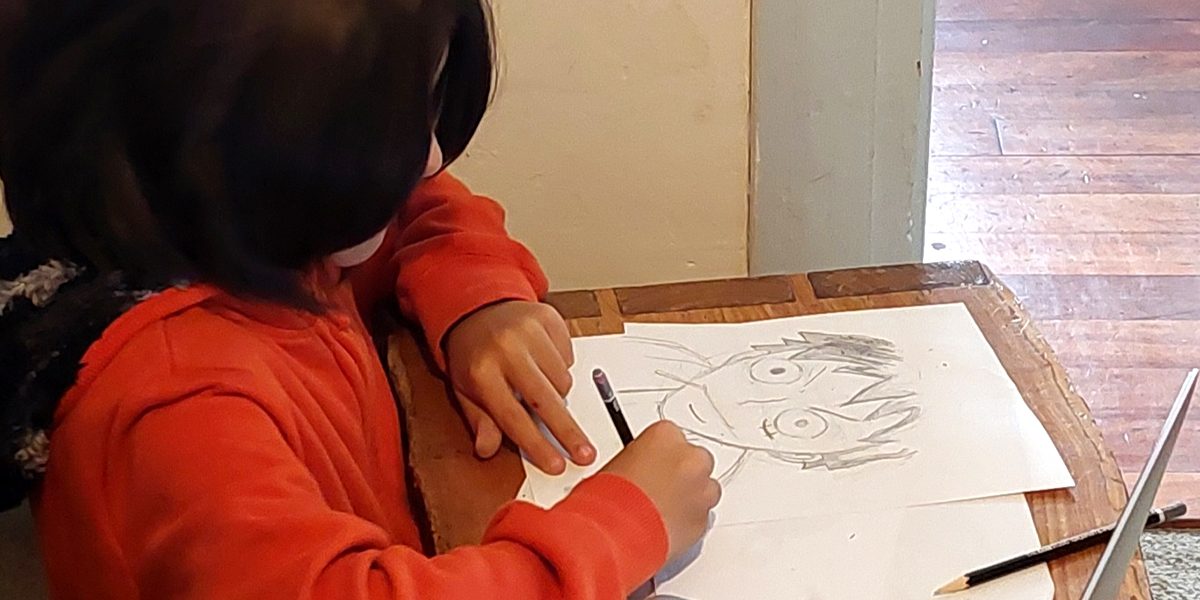In the past, homeschooling has gotten a bad rap; however, this is primarily due to misinformation and unjustified rumours. While homeschooling may not be suited to every child and family, the global COVID lockdowns of the last few years have provided impressive data on what can be achieved with a structured homeschooling protocol.
Homeschooling is not just about the student and can be beneficial to the entire family; however, homeschooling is not something to be taken lightly.
Read on to learn the many benefits of homeschooling and why Lions Education is paving the way for the next generation of homeschool students.
The benefits of homeschooling
For decades, there have been lasting tropes surrounding homeschooling, including student underperformance, poor socialisation skills, lower university acceptance, and less chance of long-term professional success.
However, studies seem to confirm quite the opposite, citing:
- Higher academic scores
- Higher scores on measured social abilities
- Higher University/college GPAs
While there are exceptions due to differences in family dynamics, individual personalities, learning styles, and personal vocational preferences, homeschooling generally holds up to traditional schooling methods on all metrics. More social and educational studies are being conducted on the subject.
However, there has been a comprehensive body of research conducted already, and the benefits for students who have excelled in a home school environment are quite clear. Read on to learn more.
Homeschooling provides better learning pace
Traditional classrooms can often be challenging for children who are not naturally inclined to respond to classroom learning. While most of the class can move along at an even pace, this can leave some frustrated and falling behind or some feeling strangled, unable to move ahead at a faster pace.
Homeschooling allows learning materials and lesson plans to be tailored and actioned by online home school tutors and parents who understand their children more intimately.
In addition, having more control over school material and lesson plans allows classes to be customised to a child’s unique strengths and weaknesses, setting a learning pace that is more productive and beneficial.
Homeschooling provides flexibility in curriculum
Having the time and space for flexible learning allows parents and their home school tutor to customise a student’s lesson plans to keep them focused and engaged. In many cases, this can significantly improve their academic performance if the student finds a traditional classroom laborious and distracting.
Well-structured homeschooling could be especially beneficial for students with neurodivergent conditions such as dyslexia, dyscalculia, and ADHD.
More control over educational philosophies
We all have unique learning styles. For example, a child could respond better to a visual, audio, or kinesthetic teaching style. Homeschooling allows parents, tutors and students to create a tailored learning environment that engages a student’s attention, memory, and recall more effectively.
Many children may respond differently to various academic subjects, such as:
-
- English and writing
- Math
- Music
- Art
- History
- Secondary languages etc.
Having a parent and home school tutor focus on various educational philosophical approaches can help a child better develop poly-math skills and abilities.
Stronger families
Homeschooling requires commitment, attention and patience. So often in our busy modern lives, while we may see our families every day, intimate and conscious awareness of each other is rare between work commitments, personal interests, obligations, daily chores and other social obligations.
Homeschooling requires mutual attention, dedication, patience and intimate interaction, which can often result in stronger bonds, deeper understanding, clearer communication and better relationships between parents, children and siblings.
Better social development
One common concern regarding homeschooling is a lack of social interaction with a student’s peers and the fear that a child’s social skills will not develop correctly.
Despite the lack of apparent contact, most homeschooled students have an active social life outside of their studies, allowing them to focus undistracted on their studies during class periods.
Most modern homeschooling also involves online meetings between multiple home students and their teachers, allowing them to interact with other students throughout the week without the noise and distractions accompanying a large classroom environment.
While more challenging in rural areas, it is also common for local homeschool families to create a home school network where students meet regularly with homeschool peers or co-home school on occasion.
In addition, an independent home school tutor is often utilised to ensure that homeschooling families do not develop an educational echo chamber, which also influences the diversity of a home school student’s social interactions with other adults.
The rest of the time, home school students experience the same social interactions that all of their peers enjoy, including:
-
- Sports, arts and recreation interests
- Social groups
- Family gatherings
- Religious worship
- Shopping and much more
While traditional school is often responsible for a good chunk of a child’s social engagement, it is not a child’s sole source of human interaction.
In some cases, it has been observed that homeschooled children may even develop mature social skills ahead of their traditionally schooled peers, better preparing them for life after school.
Lions Education: A New Approach
Our Lions Education homeschooling Educators are dedicated to providing world-class home school education solutions in the East Coast and Darwin area that can adapt to our world’s changing educational landscape.
We offer complete home school education solutions, including:
-
- Primary
- Secondary
- Senior (Year 11 & 12)
- Transitions to tertiary pathways
Register to enrol online, or contact us today to learn more about the Lions Education approach to learning.


